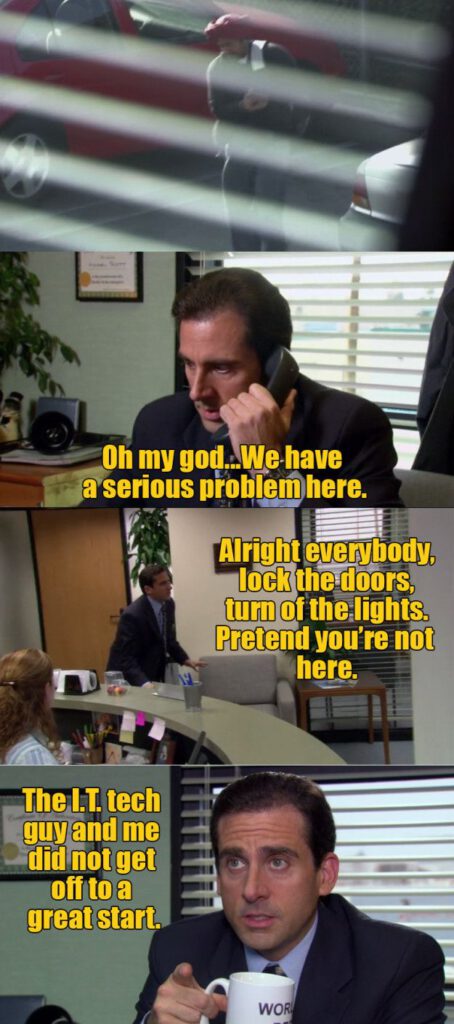In reading Tara Jaye Frank’s book “The Waymakers“, she shared an interesting thought that I think applies to many areas of life. She said:
When I first became a mother at twenty-five, someone gave me a quote on a tiny piece of paper by Jill Churchill that read, “There is no way to be a perfect mother and a million ways to be a good one.”
I see that lesson applied to so many areas of my life, from the sublime to the ridiculous. Parenting is the easy one, but what about these?
- There is no way to be a perfect boss and a million ways to be a good one.
- There is no way to be a perfect driver and a million ways to be a good one.
- There is no way to be a perfect pickleball player and a million ways to be a good one.
- There is no way to be a perfect Christian and a million ways to be a good one.
- There is no way to be a perfect citizen and a million ways to be a good one.
- There is no way to be a perfect developer and a million ways to be a good one.
- There is no way to be a perfect partner and a million ways to be a good one.
In every situation, know that you’ll never be perfect but you can always work to be the best you can, and likely do a pretty good job of it.
The entire book is fantastic, and I’ll likely share more in the future. I encourage you to check it out.
What areas from your life might fit in the list above?

